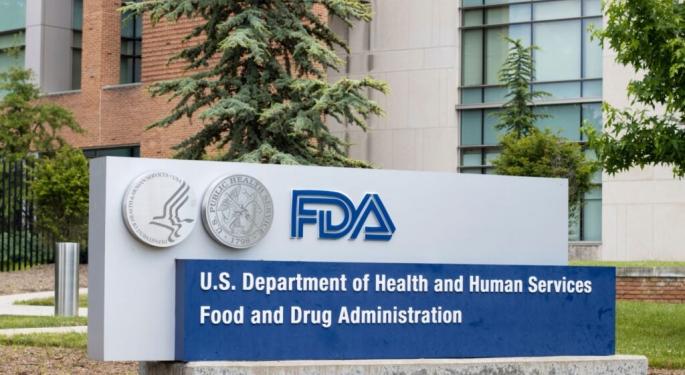Congress Sounds Alarm Over Illegal Weight-Loss Drug Imports From China
In a letter to the U.S. Food and Drug Administration (FDA) Commissioner Marty Makary on Friday, over 80 bipartisan members asked the agency to stop counterfeit and copycat versions of GLP-1 drugs like Novo Nordisk A/S’ (NYSE:NVO) Wegovy (semaglutide) and Eli Lilly and Co.’s (NYSE:LLY) Zepbound from flooding the market.
The group led by U.S. Representative Richard Hudson and Herbert Conaway wrote the letter urging immediate action against the rising threat of illegal, counterfeit anti-obesity medications entering the U.S.
The letter stated that these counterfeit products, including unapproved versions of the active ingredients in Ozempic and Wegovy, which are often smuggled from unregistered foreign suppliers, primarily in China, pose a serious risk to American consumers.
The group urged the FDA to issue warning letters, pursue civil enforcement, and monitor non-compliant online retailers and compounding pharmacies selling unapproved weight-loss drugs. They also called on the agency to coordinate with Customs and Border Protection (CBP) to issue an import alert and crack down on Chinese entities shipping unsafe GLP-1 medications into the U.S. Citing the urgency of the issue, lawmakers requested an update on FDA enforcement efforts by July 30.
Although the FDA declared the tirzepatide shortage resolved in October 2024—reminding compounders of legal limits on replicating approved drugs—unauthorized versions of semaglutide and tirzepatide continue to circulate. In January, Eli Lilly moved to intervene in a legal battle over compounding rules. In May, Novo Nordisk cut its 2025 sales forecast, blaming competition from compounded alternatives.
Eli Lilly has taken aggressive legal action, sending hundreds of cease-and-desist letters to telehealth firms, pharmacies, and spas marketing knockoff versions of Mounjaro and Zepbound. Yet demand for GLP-1s has fueled a booming market for copycats, often smuggled or produced under loopholes.
Though compounding was allowed during previous shortages, that exception expired once manufacturers scaled up supply. Still, some pharmacies continue producing or selling these drugs—sometimes in reduced doses to skirt regulatory scrutiny.
In May, the FDA received reports of serious adverse events tied to compounded semaglutide and tirzepatide, including nausea, vomiting, abdominal pain, and other symptoms that in some cases required medical attention.
Price Action: LLY stock is up 0.24% at $807.36, and NVO stock is up 1.02% at $71.45 at the last check on Friday.
Read Next:
Image: Shutterstock
© 2025 Benzinga.com. Benzinga does not provide investment advice. All rights reserved.
Posted-In: Expert Ideas Stories That MatterBiotech Large Cap News Health Care FDA General



